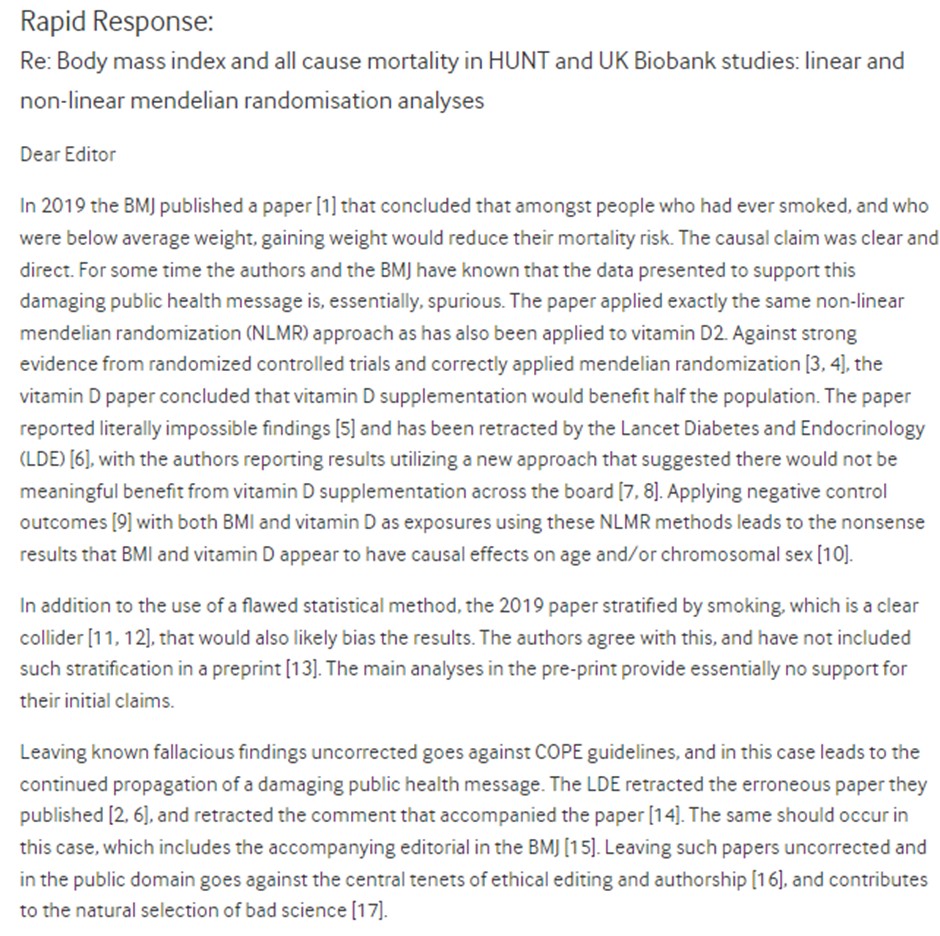Very informative @jimalkhalili #TheLifeScientific with @neil_ferguson. A thread disputing his conclusion that we face "a trade off between saving lives and saving the economy and jobs". It is so much broader than that .. bbc.co.uk/sounds/play/m0…
1/n “lives vs economy” is unhelpful, it is not primarily the economy and jobs that are diminished by full or partial lockdowns, rather the almost unimaginable richness of life in all its domains suffers. We are social beings, and a major part of that sociality is stripped from us
2/n Thus we must not think of lives vs the economy, we should frame this as lives vs lives, as Ramesh Thakur wrote with respect to covid in India in April johnmenadue.com/ramesh-thakur-…
3/n Think of the grandparents not seeing their grandkids in person for months, the number of new relationships not started, the number of friendships that have naturally become distanced - and for each of these multiply up by the vast number of those so affected
4/n Think of the current and long term futures of kids whose education has been thrown – irreversibly for many – into chaos. Think of what you enjoy that has been reduced or disappeared, the banter over last night’s match, or how unbelievable that plotline has become ...
5/n Think of the cafes, music venues, small businesses of all kinds, pubs, independent record and bookshops, restaurants, sports shops – whatever it is you value – that you see permanently closed as you walk thru your local town.
6/n Think of the people dying alone (and compulsorily so, before that inhumane prohibition was relaxed) and the time now spent in aching regret by those excluded from these passings
7/n Think of your worst experience of loneliness and imagine it spread backwards and forwards in time, until it simply becomes how time passes.
8/n But most of all think about what it is that you value and enjoy most that has been constrained by full or partial lockdown, and share it by quote tweeting here, so we can have a rich compendium of what we need to put on the debit side of the “lives vs lives” calculus
9/n Adverse consequences fall particularly heavily on those with fewest resources. Conversely, those housed with more rooms and space per resident, with gardens or other outdoor space, with financial resources that can cushion against adversity, in conditions in which home ..
10/n schooling their children is possible, who can work – and work comfortably – from home, who are not reliant on public transport and who are not constrained by arduous caring responsibilities will generally find it considerably easier to adapt to full or partial lockdown.
11/n Hedonics is not an exact science - what aspects of life matter most is highly individual - and thus weighing up whether risk reduction is preferable to the constraints on life will differ between individuals and groups. Policy influencers are largely drawn from those ..
12/n with privileged backgrounds, who have weathered lockdown conditions in more favourable circumstances, which will be reflected in what they decide to tell us about how we all should - indeed have to - behave
13/n We hear of "saving lives or saving the economy”, but in the end you don’t “save lives” - we all die – you delay deaths. Given most people don’t make it to 90 it’s striking that for women the age category with the largest number of covid deaths in the UK is 90+
14/n We need to evaluate the full range of adverse consequences of SARS-CoV-2 infection – we should indeed #CountLongCovid and all adverse outcomes, not merely years of lives lost due to covid deaths. But we *must* also count the every increasing burden of collateral ..
15/n non-covid related health damage consequent on the imposed restrictions, and we must also consider the whole range and massive volume of the loses to the lives of the living. For many the goal of life is more than simply years lived and risks averted
16/n As Bernard-Henri Lévy reminds us “a life is not a life if it is merely life”. Let’s hear no more of the endless riffing on “lives vs the economy” – this is much more serious than that: what we face is the weighing up of lives vs lives
17/17 Finally, we should not be in the situation we are in - public health interventions should never be implemented without first considering the full range of their potential consequences
https://twitter.com/mendel_random/status/1251848178883866625?s=20
• • •
Missing some Tweet in this thread? You can try to
force a refresh











